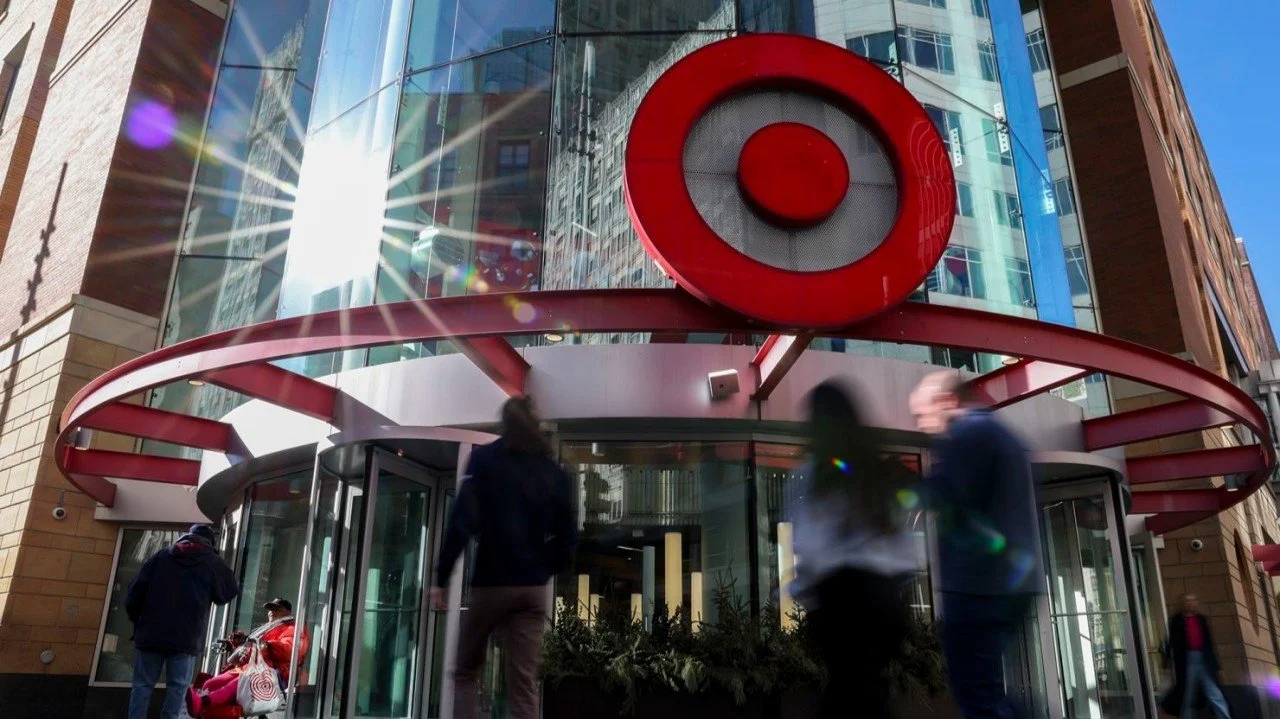Target’s Identity Crisis: Why a Safe CEO Pick Won’t Save the Bullseye
The news is out: Target has tapped Michael Fiddelke, its current COO and longtime company insider, to become CEO in 2026. Outgoing CEO Brian Cornell, who has led the company since 2014, will transition to executive chairman.
On paper, the story reads like a feel-good corporate fairy tale: an intern who rose through the ranks, a proven operator who “grew up at the Bullseye,” now stepping into the top job. It’s continuity. It’s stability. It’s… safe.
But for many of us who’ve watched Target’s once-iconic brand falter — as marketers, as analysts, and yes, as former loyal customers — the question is: Is safe what Target really needs right now?
A Brand in Decline
Target was once the darling of retail. The place where “cheap chic” wasn’t just a tagline — it was a lifestyle. It owned design, discovery, and a cultural connection that made shopping feel aspirational without the luxury price tag.
Today? The numbers tell a different story:
📉 11 consecutive quarters of flat or negative sales
📉 $25.2 billion in Q2 net sales, down 0.9% YoY
📉 1.3% YoY drop in store foot traffic
📉 0.6% drop in average basket size
📈 The lone bright spot: $217 million in ad business revenue (up from $55M)
Meanwhile, stores are messy, shelves are understocked, and Target is steadily losing share to Walmart, Amazon, and specialty retailers. The “Tar-zhay” magic feels like a relic.
The Cultural Misstep That Changed Everything
Numbers only tell half the story. The other half is cultural.
Target once led the way on values-driven retail. Its DEI practices and inclusive collaborations weren’t just PR wins — they built trust with entire communities, myself included. For many Black, Millennial, and Gen Z shoppers, Target was the gold standard. It felt like a place that saw us, celebrated us, and welcomed us.
That changed. Quiet rollbacks of DEI initiatives. The scaling back of Pride collaborations. The deprioritization of employee satisfaction. Moves that may have been designed to calm critics instead alienated the very customers who fueled Target’s growth.
The result? A profound erosion of trust. For many, it’s no longer just about prices or products — it’s about principle. And when cultural connection fades, so does loyalty.
Why This CEO Choice Feels Like More of the Same
Here’s the challenge with Michael Fiddelke’s appointment: he is, by all accounts, a competent operator. He overhauled supply chains, cut costs, and drove digital expansion. That’s important. But that’s operations.
Target doesn’t just need the cows milked on time — it needs someone willing to reinvent the farm. The retail landscape has shifted too dramatically for incrementalism to suffice.
Walmart owns price and grocery.
Amazon owns convenience.
Specialty retailers own niche focus.
Target was always about cultural relevance — design, style, and purpose at scale. That focus has narrowed, and customers like me have noticed. Without a bold reassertion of brand identity, no amount of operational efficiency will bring people back.
What Target Needs to Do
If Target wants to heal, it needs more than a new CEO. It needs a new playbook:
Rebuild Trust – Acknowledge the cultural missteps. Stop hedging. Reinvest in DEI and values-driven programs that made Target magnetic in the first place.
Reclaim the Lane – Rediscover “cheap chic.” Product assortment must feel unique, stylish, and culturally resonant — not watered down or apologetic.
Reinvest in Experience – Clean up stores. Elevate merchandising. Make shopping feel exciting again, not like a chore.
Balance Efficiency with Innovation – Operational wins are necessary but insufficient. Pair supply chain excellence with bold, customer-facing innovation.
Lead with Purpose – Today’s consumers, especially Millennials and Gen Z, demand more than transactions. They want brands that stand for something.
Final Thought
I want to root for Target. I've been a loyal shopper for years, I shopped it religiously, and I even admired it professionally as a case study in values-driven marketing. But as both a marketer and a customer, I’ve felt the brand’s decline firsthand.
Target doesn’t just have a sales problem. It has an identity problem. And unless Michael Fiddelke is willing to do more than manage the status quo, the bullseye risks fading into irrelevance.
Good luck to the new CEO — but if Target doesn’t rediscover who it is and who it serves, the numbers will keep telling the same story.
